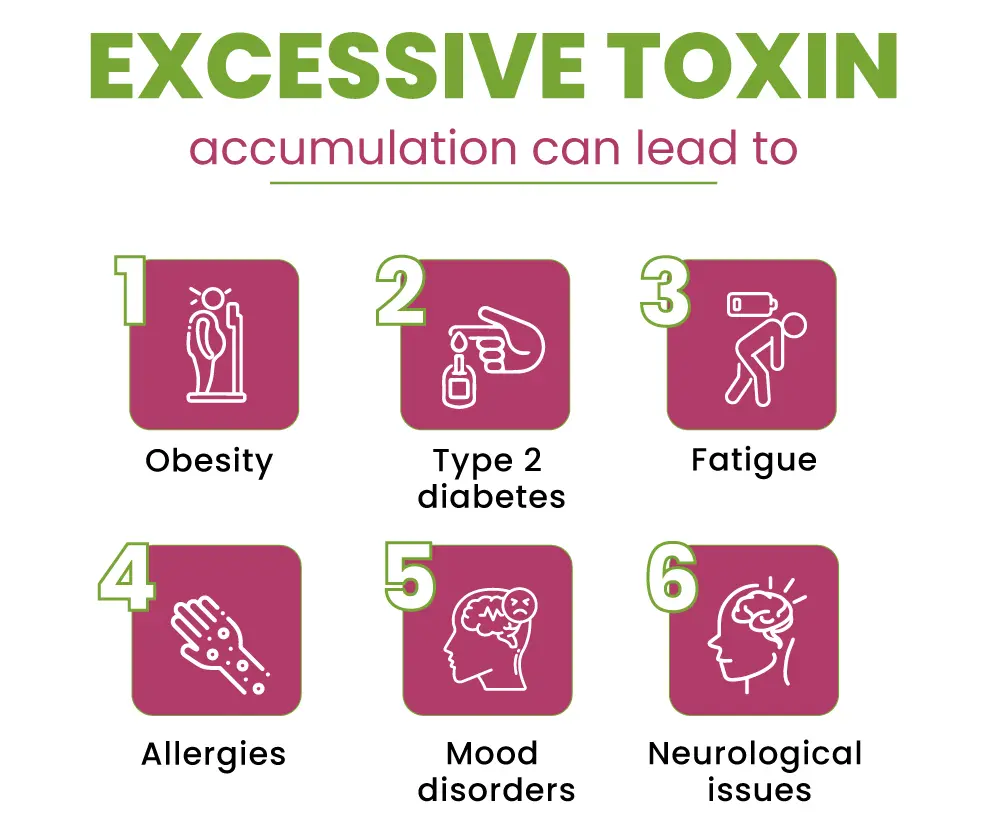Great stories have a personality. Consider telling a great story that provides personality. Writing a story with personality for potential clients will assist with making a relationship connection. This shows up in small quirks like word choices or phrases. Write from your point of view, not from someone else's experience.
Great stories are for everyone even when only written for just one person. If you try to write with a wide, general audience in mind, your story will sound fake and lack emotion. No one will be interested. Write for one person. If it’s genuine for the one, it’s genuine for the rest.
Your body produces toxins during normal body functions. It is also exposed to pollutants, or toxicants, in the air, drinking water, and food. In Functional Medicine, detoxification or “detox” refers to the body’s process of making toxins, toxicants and hormones less harmful. This process is also referred to as “metabolic detoxification.”
Are we exposed to a variety of toxins in our environment?
Studies on how drugs are broken down and cleared from the body have helped us to understand the detox processes. There are well-defined pathways in the body that are responsible for changing toxicants into chemical compounds that are easier
for the body to eliminate. This happens primarily through the urine or stools.
It has been calculated by scientists that on average, an adult carries around 700 toxins within their body. In contrast, a newborn can harbor over 200 toxins.
Our society is becoming more and more toxic. The constant exposure is resulting in an ever-increasing body burden, or toxic load, of chemicals. One of the most common exposures is to toxic farm chemicals: pesticides, herbicides, and fertilizers.
Other sources of toxicants include materials used in new construction, carpet chemicals that can off-gas into the air, paint, household cleaners, mixed metals used in dental repairs, synthetic materials found in dental products, and even personal hygiene products applied to face, skin, and hair. Air pollutants are found in regional or work industrial areas, primary or
second-hand smoke exposure, and auto exhaust. On a daily basis, your liver, kidneys, large intestine, lymphatic system, and sweat glands work to reduce the body burden, or buildup, of these environmental contaminants..

Your toxic body burden is a result of three main factors:
- The number of toxicant exposures from both internal and external sources.
- Your ability to produce detox enzymes for processing these compounds. This is based on your unique genetics and familial influence.
- The amount of detox supporting nutrients consumed in your diet. Specific foods support the processes of changing toxic chemicals and waste products to less harmful forms and assist in their elimination
Toxic symptoms
may occur when you reach your personal limit of accumulated toxins and are not able to clear them quickly or efficiently enough. Researchers are recognizing the following symptoms related to the buildup of toxins:
- Obesity
- Type 2 diabetes
- Metabolic syndrome
- Cancer
- Fatigue
- Infertility
- Allergies
- Behavior and mood disorders
- Neurological conditions such as tremors, headaches, and cognitive difficulties
- Parkinson’s and Alzheimer’s Diseases
The goal of a clinically directed metabolic detox protocol is to provide nutritional support for the pathways involved in the processing and elimination of toxins. A detox program results in improved symptoms and an increased sense of wellbeing for most individuals. Many who participate in a personalized detox program describe improvement in pain and fatigue levels, enhanced cognitive function and moods, more effective and satisfying sleep cycles, and weight loss.